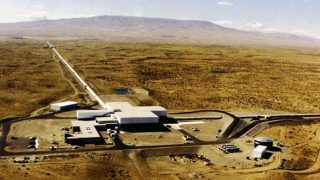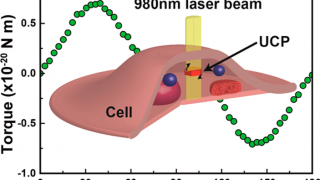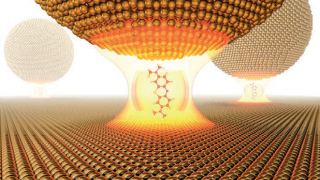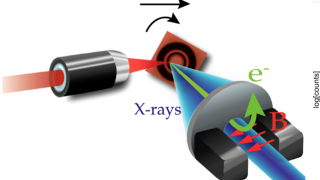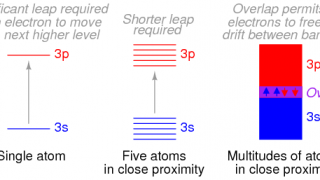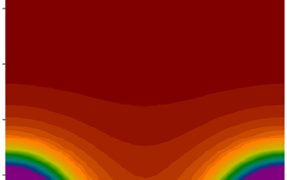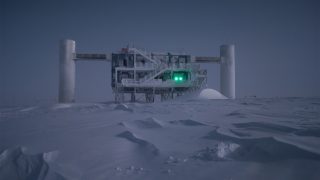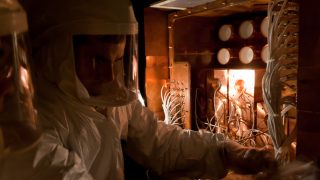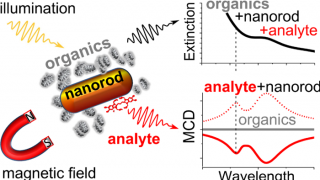
Magneto-optical activity of a nonmagnetic organic compound
We know that incident light can provoke a strong optical response in metallic nanostructures due to the excitation of resonant plasmonic modes, i.e, the electrons in the metal become excited by the photons in the incident light and oscillate collectively. Plasmonic nanoparticles can significantly modify the optical properties of nearby organic molecules and thus present […]

